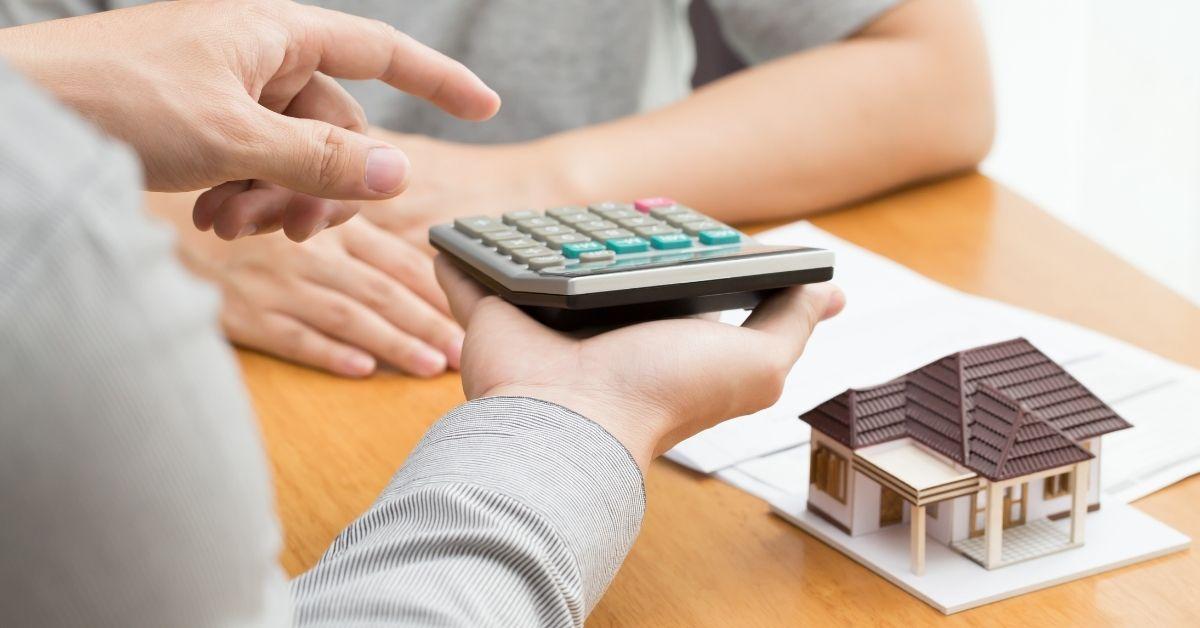3 PRACTICAL EXPERIENCE NEED TO KNOW WHEN LOANING TO BUY A HOUSE
Borrowing money from a bank when buying a house is quite popular, especially for young people. However, if you are inexperienced, this will certainly be an important decision that requires careful study.
Here are 3 practical experiences JJLand shares for your reference!
Should borrow about 40% of the value of the house
When you intend to buy a house, you should have a specific plan and time to accumulate a certain amount of money. Although many banks have a policy of lending up to 70% or more of the home’s value, the more you borrow, the higher the interest rate you have to pay each month. Without a reasonable repayment schedule, this loan will inadvertently become a financial burden and even a bad debt in the future.

And the number is considered the “golden ratio” so that you can both pay off debt and have a balanced, low-pressure life: borrow up to 40% of the value of the house (that is, you should buy a house when you has accumulated about 60%).
In case you need to borrow more, you must consider carefully, such as whether your current and near future sources of income are enough to help you pay the bank?
Check loan interest rates carefully
In terms of interest rates, banks usually apply two methods of calculating interest, which are calculated on the reducing balance and based on the initial outstanding balance. Specifically, calculating “interest on a declining balance” means that interest will only be calculated on the actual amount you owe – that is, subtract the principal you paid before then calculate interest. As for calculating “interest on the principal balance”, interest will be calculated on the original loan amount during the loan term.
Accordingly, the method of “calculating interest on the reducing balance” will make the interest rate higher than the “calculating interest on the principal balance”. However, when calculating the total interest that you need to pay to the bank, sometimes paying the “interest on the principal balance” method will be more than the “calculating interest on the decreasing balance” method.

Interest rate is an important issue you need to learn carefully when taking out a loan. Therefore, you should ask for detailed and clear advice on the amount of interest to be paid for each loan option to choose the most suitable plan. At the same time, you will be more financially active after signing a loan contract with the bank.
Choose a suitable loan term
When borrowing money to buy a house, there are usually short-term and long-term loans. For a short-term loan option, you should only choose when you are financially secure so as not to be under great debt pressure. Experts recommend that, with a loan to buy a house, you should choose a long-term loan package to balance debt repayment and personal expenses. You can still pay off your loan early if you can arrange your finances.
Hope the above practical experiences when borrowing money to buy a house have been useful to you. Please contact JJLand if you need more advice!